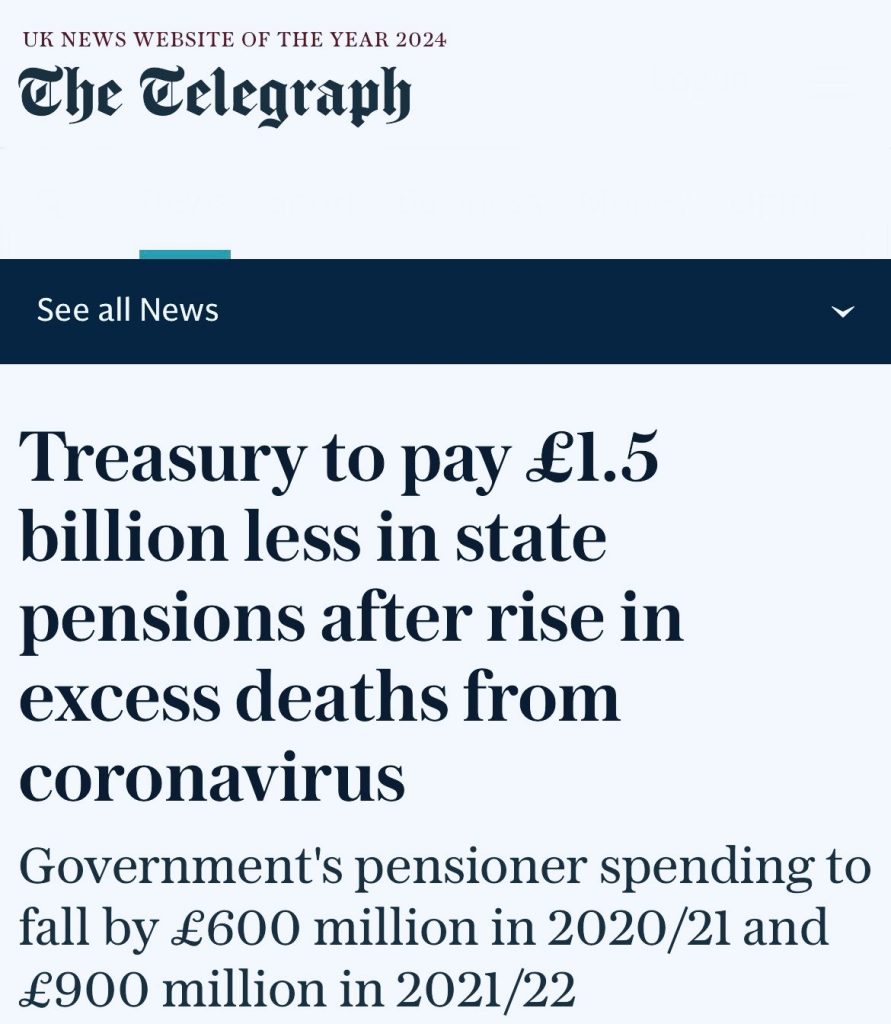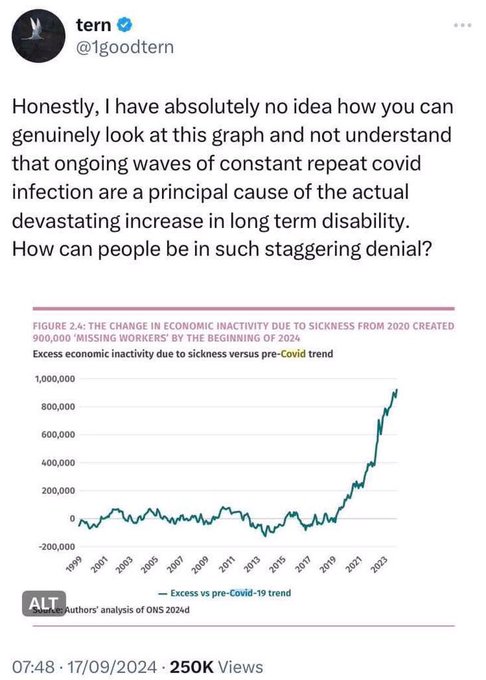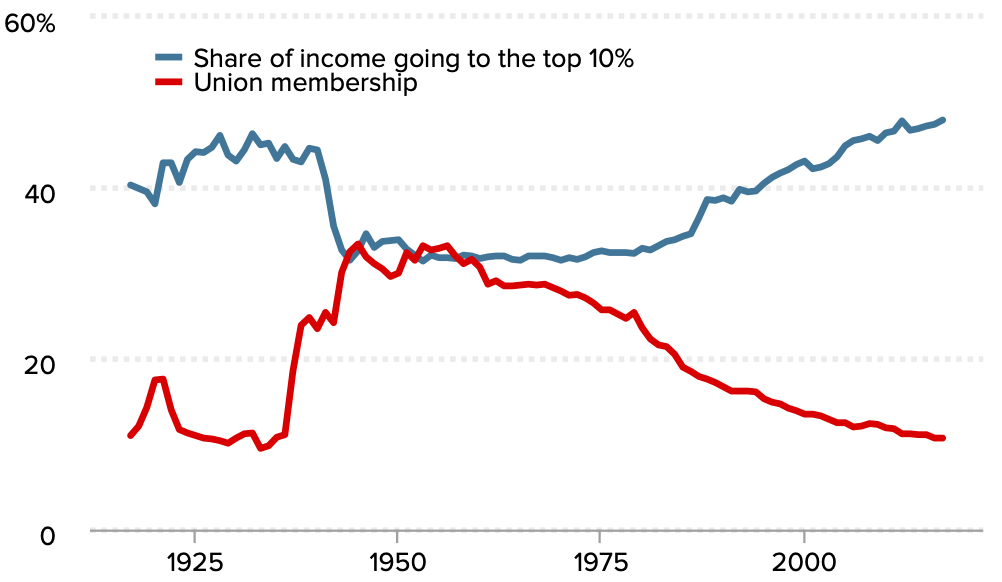The functional chassis of all real spirituality are metaphysical statements, often called views. Each view is a way of understanding reality. Every view in real spirituality is connected with a “way”. The way is the path to being that view.
The “I am awareness” view is that of chunks of Hinduism, especially Vedanta and its various offshoots. The best book written from this perspective is “I Am That”, which I recommend highly. A good one, especially the first forty percent or so is “The Essence of Enlightenment” by James Swartz.
The “I am awareness” argument is that the only thing which always exists is awareness, and therefor that is what we are. We are not our bodies, or even our consciousness: both can be absent and awareness still exists.
Everything I am aware of is an object in consciousness. This is obvious. All of these objects change over time, often appearing and disappearing. Whether they exist or not, I always exist: they are dependent on me, I am not dependent on them.
One may suggest this isn’t true by two methods. The first is “I’m not aware when I’m in deep sleep.” With enough meditation of the right type you can prove that wrong: you can be aware that you are deep asleep and if someone yells near you while you’re in deep sleep you wake up, so awareness appears to still exist.
The second is that awareness didn’t exist before birth, and won’t exist after death. This is a more serious objection, but it’s not proven, and certain experiences on the spiritual path where you appear to exist without the body suggest it may be wrong. Instead you simply don’t remember before your birth.
To many this will seem like utter nonsense, but most people haven’t done the necessary work to have an opinion worth caring about.
There are a few ways or paths towards this view. The main one is simply examination. Is it true that objects come and go and I remain? Watch sense objects and see what happens. This is meditation. It’s part of what Buddhist Vipassana does, actually, though only part.
A second is to simply concentrate on the sense of “I am” and don’t pay much attention to anything else.
A third is the Vedantic super-imposition method: you learn the view and apply it. Whenever you think “I am the body”, you simply correct the thought to “I am awareness.” (There’s more to it than that, I’m simplifying vastly.)
Our normal view is something like “I am the mind, which is produced by the body, and I live in a world that is not me.”
Most spiritual paths say that the body exists in the mind (it does, though that doesn’t have to mean that it isn’t produced by the brain).
So what’s the benefit of having this view, of grounding it in?
First, you let go of sense objects. You don’t push bad sense objects away (pain, fear, etc…), and you don’t try and grasp good sense objects (love, happiness, etc…)
If you leave sense objects alone, what happens it that the bad ones bother you less and the good ones last longer.
Second, when you don’t regard the body and mind as “you” suffering drops massively. It’s not happening to you, you don’t have to care. Suffering is basically pain times attachment.
Third, your conditioning weakens. Every time a conditioned sense object comes up, if you react to it with anything but detachment or detached love, it is renewed and usually grows stronger. Say you were once burned and are now scared of fire. Every time you see or hear fire you are scared. You try and push the fear away. The fear is renewed, and may even grow stronger. If you don’t care, if you don’t react or you counter-act the fear with love or another positive emotion, the conditioning weakens.
Fourth, your general level of fear grows lower. Over time your ambient anxiety drops. Almost everyone has some anxiety, even if it’s below the threshold of consciousness. As fear goes away it is replaced by a directionless detached love. You feel love all the time. When this starts, it’s intermittent. You feel happiness or love for no reason you can determine. Over time it becomes more and more steady. (I’ve spent fairly substantial time in this state. It’s not theoretical.) As best I can tell, human nature when truly not scared IS love.
The more solid your identification with awareness is, and the less you identify with consciousness, sense objects and the body, the better your experience is. This seems to be what the Hindu types are talking about when they say that the nature of the self is bliss. You no longer rely on getting things, having things or circumstances in order to feel good. You just… feel good.
There’s more to all this, of course, rather vast volumes have been written about it, often in allegorical language which is hard to understand if you weren’t trained it. But this is the essence: you are awareness, and fully knowing that frees you of the need for objects at any psychological level. Of course, if you want the body to stick around you’ve still got to take care of it, but you are no longer subject to the tyranny of running from desire to desire and away from fear after fear.
***
Close to the end of the annual fundraiser, which has been weaker than normal despite increased traffic. Given how much I write about the economy, I understand, but if you can afford it and value my writing, I’d appreciate it if you subscribe or donate.




